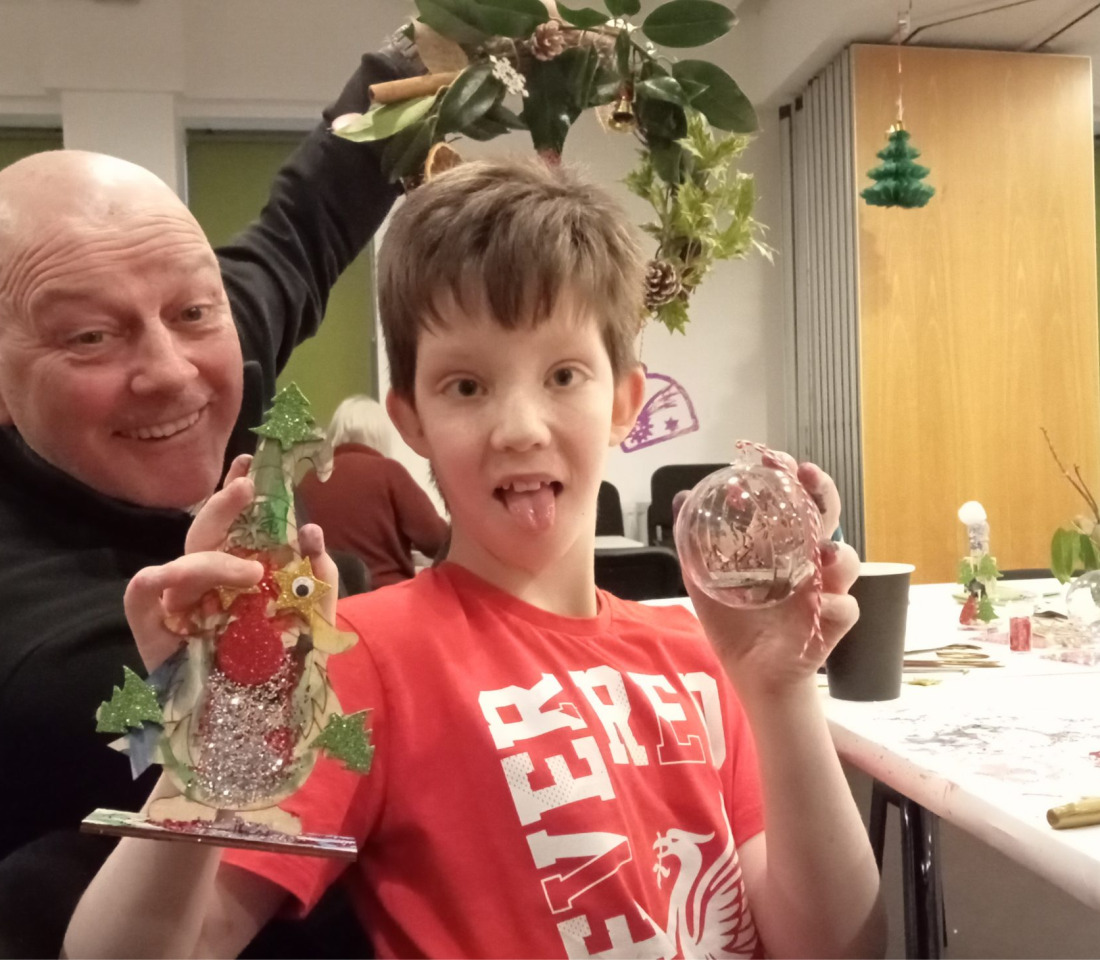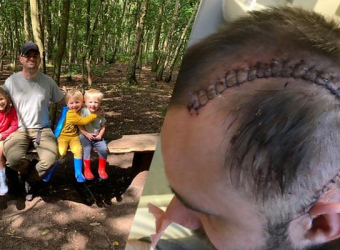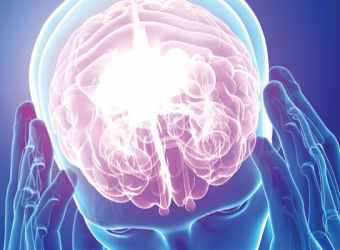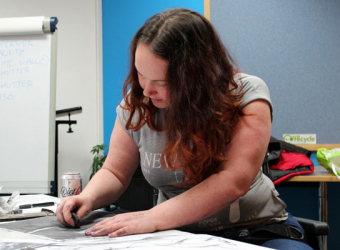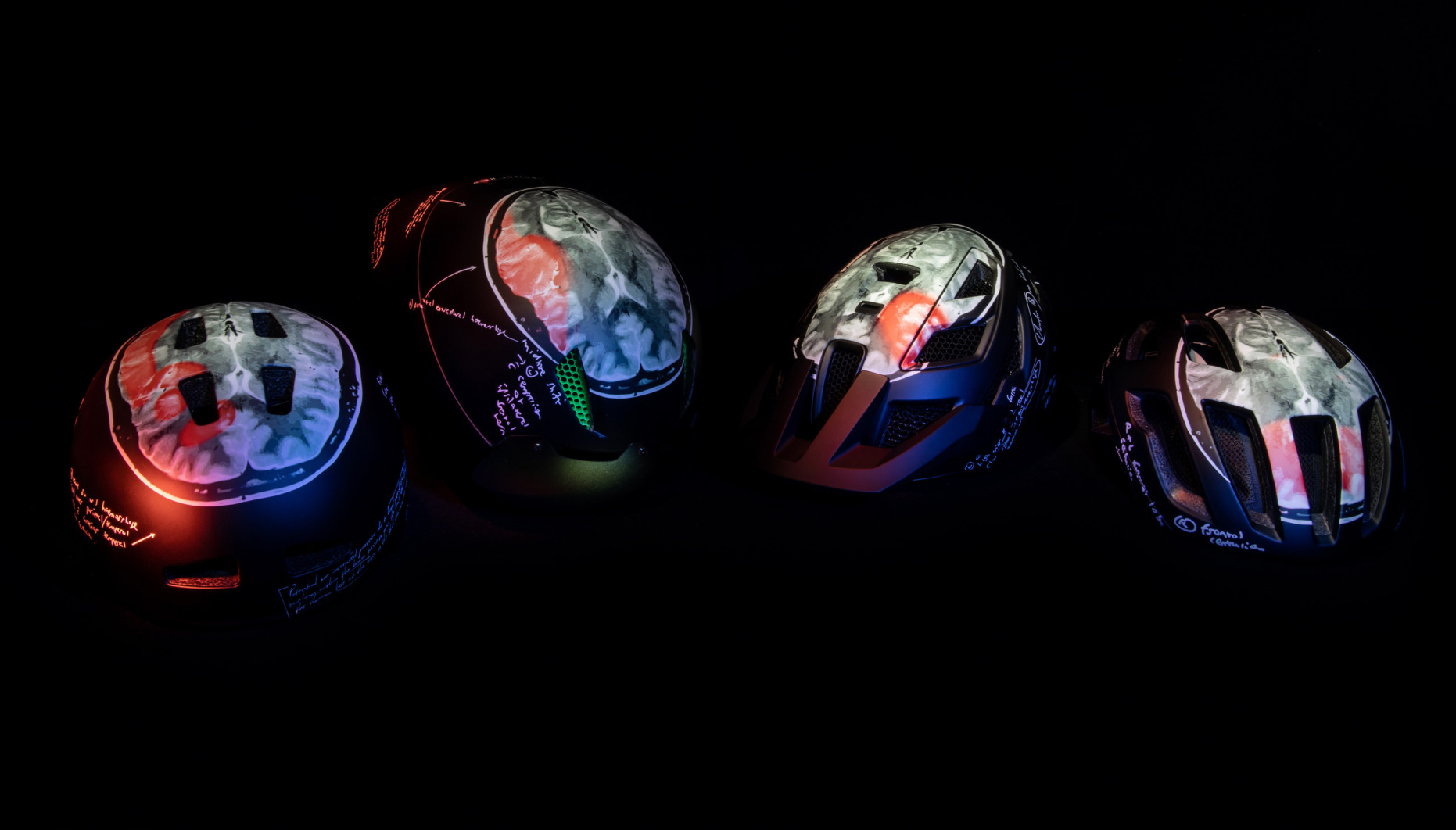
Endura creates bike helmets using real life head injury scans in partnership with The Brain Charity
In partnership with The Brain Charity, Endura has designed the world’s most graphic cycle helmets
As Brain Awareness Week gets underway this week, Scottish cyclewear manufacturer Endura has designed the world’s most graphic cycle helmets, using scans of real patients’ brain injuries from life-threatening bicycle accidents.
The one-of-a-kind range, entitled Project Heid, has been created in partnership with The Brain Charity, using CAT scan representations of the traumatic brain injuries sustained by four real-life cyclists.
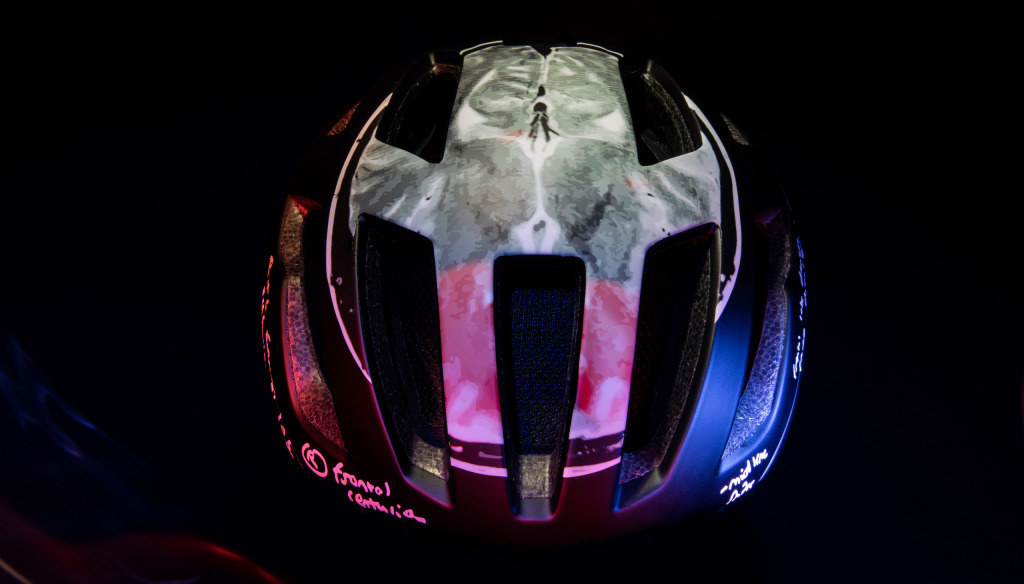
It comes as figures showed:
- Almost half (45%) of cyclists in Britain admitted to not wearing a helmet when they ride,
- Two thirds of Brits admitted they are concerned about sustaining a brain injury whilst cycling,
- Post-pandemic cyclist numbers have risen by up to 200%,
- 80% of Brits say they feel a responsibility to encourage their friends/family to wear a helmet when they cycle,
- More than a third (35%) think it is unlikely they will spot someone who has sustained a brain injury by walking past them in the street.
Each Endura helmet has a different story to tell, including that of Ian Charlesworth, 62 who, in 2019 was struck by a HGV in Hull, and John Moroney, who was hit by a 4×4 in Somerset during the same year. Both were cycling on the road without wearing helmets.
Both men came close to losing their lives, experiencing skull fractures, brain injuries brain haemorrhages, and contusions.
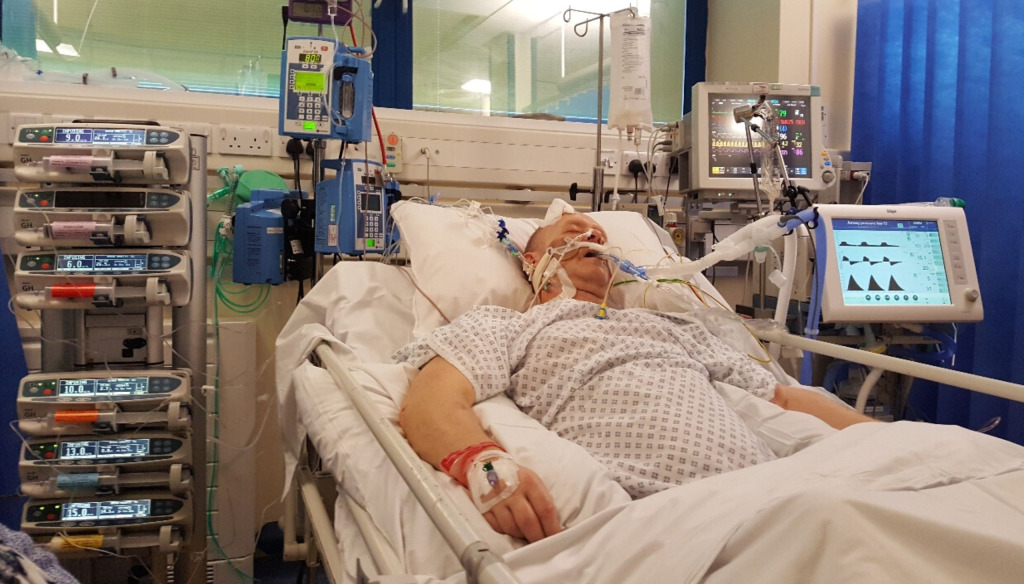
The long-lasting effects of brain injuries can often be hidden in plain sight, and for Ian and John have led to extensive rehabilitation and ongoing cognitive struggles which include memory loss, fatigue, mood swings, headaches and vertigo.
Endura’s one-of-a-kind helmets are intentionally provocative, quite literally showing the potential consequences if you choose to ride unprotected.
Ian bravely discusses his experience in Project Heid’s short film. Speaking about his involvement in the campaign, he said: “Prior to my accident, it wasn’t on my radar to wear a helmet.
“You never think a serious incident will happen to you, but I’m living proof that it can, and having gone through what I have, I’m desperate for people to wear a helmet to stay safe.
“The level of detail of my brain scans on the design left a real impression on me that I hope will resonate with others. It feels really good to be involved in such an important initiative.”
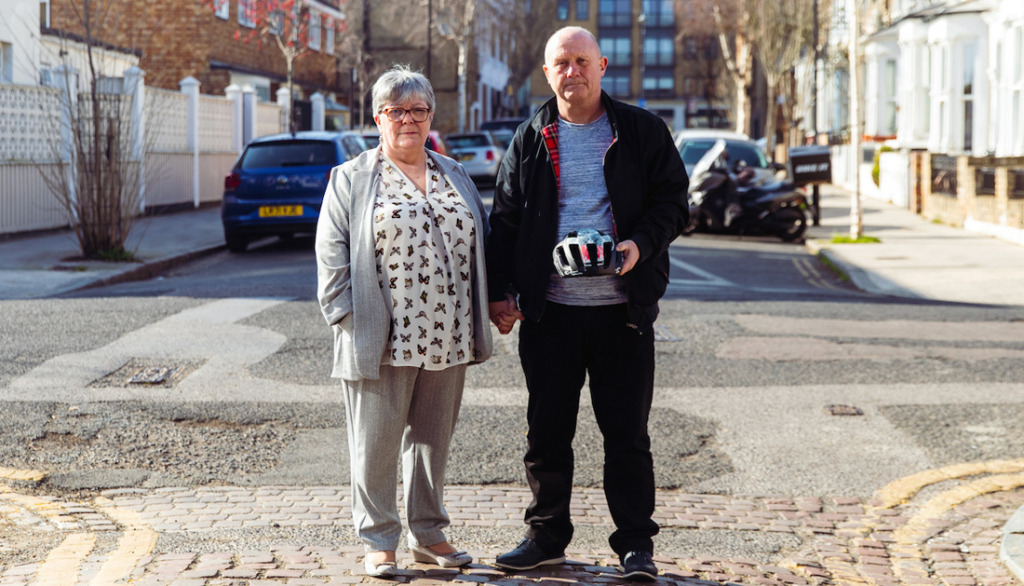
The video includes comment from Consultant Neurologist Dr Nick Silver, trustee of The Brain Charity, on the injuries that are portrayed.
It also features Ian’s wife Joy, who speaks emotionally on how her husband’s injury has turned their lives upside down.
This is particularly poignant, as research has shown that 80% of Brits feel they have a responsibility to encourage their friends and family to be protected.
Now, both men are on a mission to ensure this doesn’t happen to others by urging people to put on a helmet and to carefully consider the type of helmet they wear.
John, 45, from Bridgwater, Somerset, has also had his real-life brain scan printed onto one of the helmets. He underwent an emergency craniotomy after being knocked off his bike while cycling to work.
John said: “In the early days it was pretty scary – when you wake up and your brain doesn’t work, it’s unsettling. I spent a lot of time wondering if things were ever going to get back to normal.
“Now I get annoyed when I see people not wearing a helmet. I was so blasé before but I always wear one myself now, and would never not take the risk.”
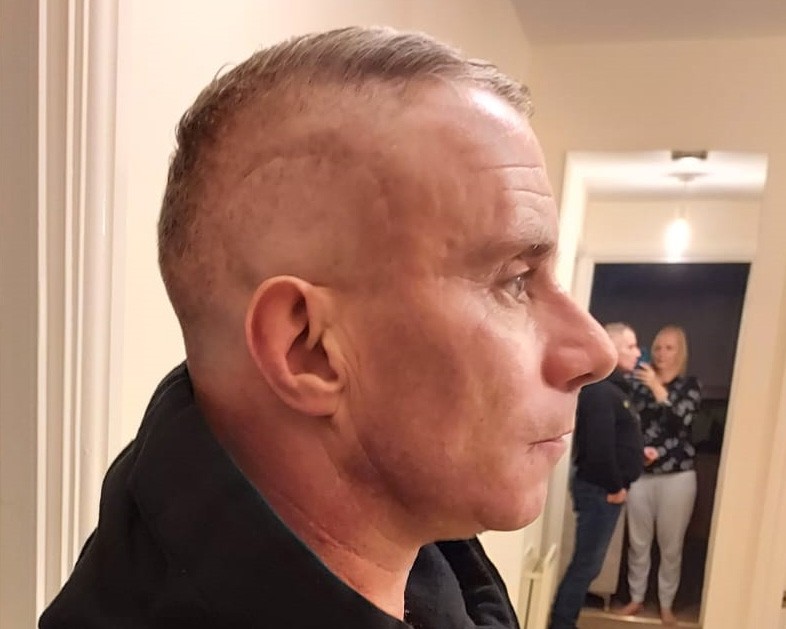
Also sharing his story to launch the campaign is Chris Pearce, 52, from Preston, who was thrown into a bus windscreen while riding to work in 2001.
He cycled to work every day but had never worn a helmet – until his wife Gill and friend Rachel bought him one as a joint early birthday present just three days before the accident.
Chris, who sustained no brain injuries other than a concussion due to wearing the helmet, said: “Without that helmet, I probably wouldn’t be here.
“It was like fate – I had one bought for me, and three days later it saved my life.”
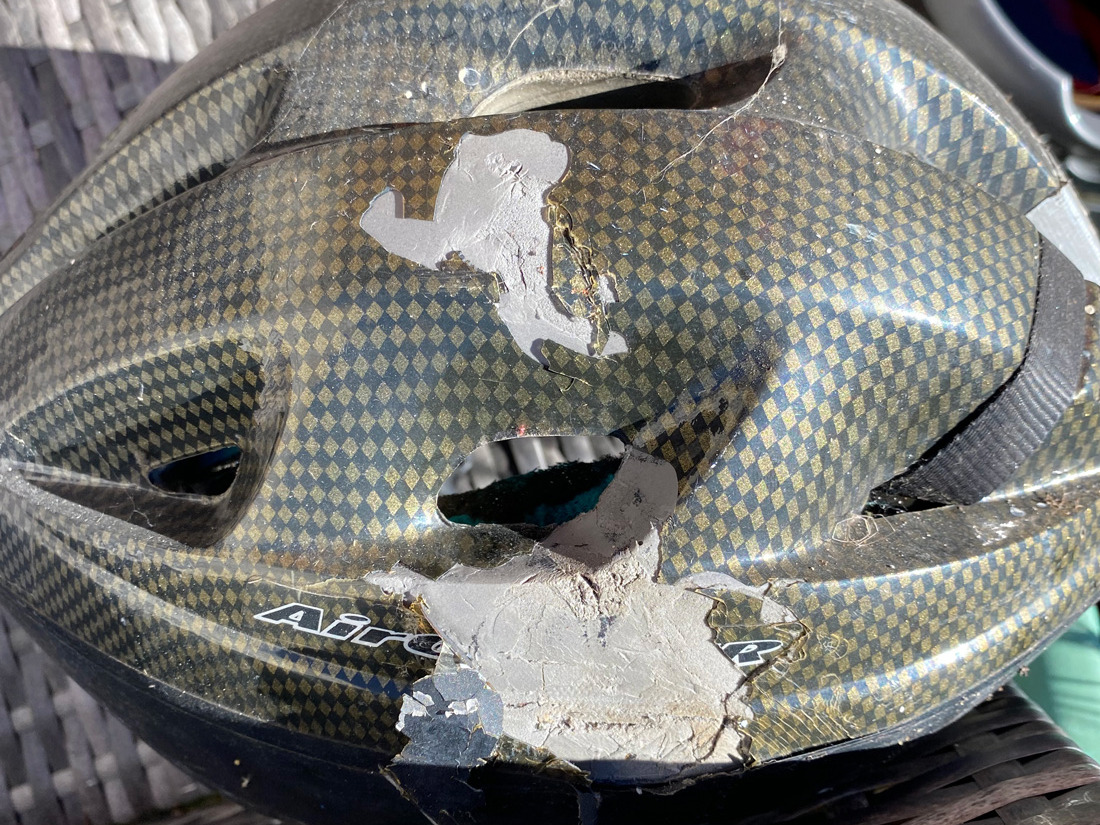
The initiative comes following Endura’s recent launch of its latest helmet technology which saw it become one of the first to combine Koroyd technology, which absorbs energy on impact, with Mips, a brain protection system which helps reduce harmful force transition.
The importance of latest protective technologies is supported by research, that says the risk of traumatic brain injury upon peak accident impact is reduced by up to 60% when wearing a helmet that includes energy-absorbing technologies (such as Mips).
Noah Bernard, Brand Director from Endura, said: “We understand the importance of ensuring that more people on Britain’s roads and trails are wearing helmets, and we want to encourage the entire cycling community to do so.
“Ian and John’s accounts are eye-opening reminders of the risks too many cyclists continue to take, and we thank them for bravely helping us to raise awareness with their incredible stories.”
Scotland’s leading cyclewear brand is using its position to raise awareness of road safety for the growing UK cycling community.
In addition, Endura’s initiative looks to transcend into the non-cyclist community as well, considering the role of friends and family when it comes to encouraging people to wear a helmet.
Project Heid coincides with Brain Awareness Week, a global event taking place between March 13th and 19th.
Endura is headline sponsor of The Brain Charity’s Head Matters event, taking place this Wednesday 15th March 2023 at our centre in Liverpool.
Once the project has been completed, the helmets will be auctioned to raise money for The Brain Charity.
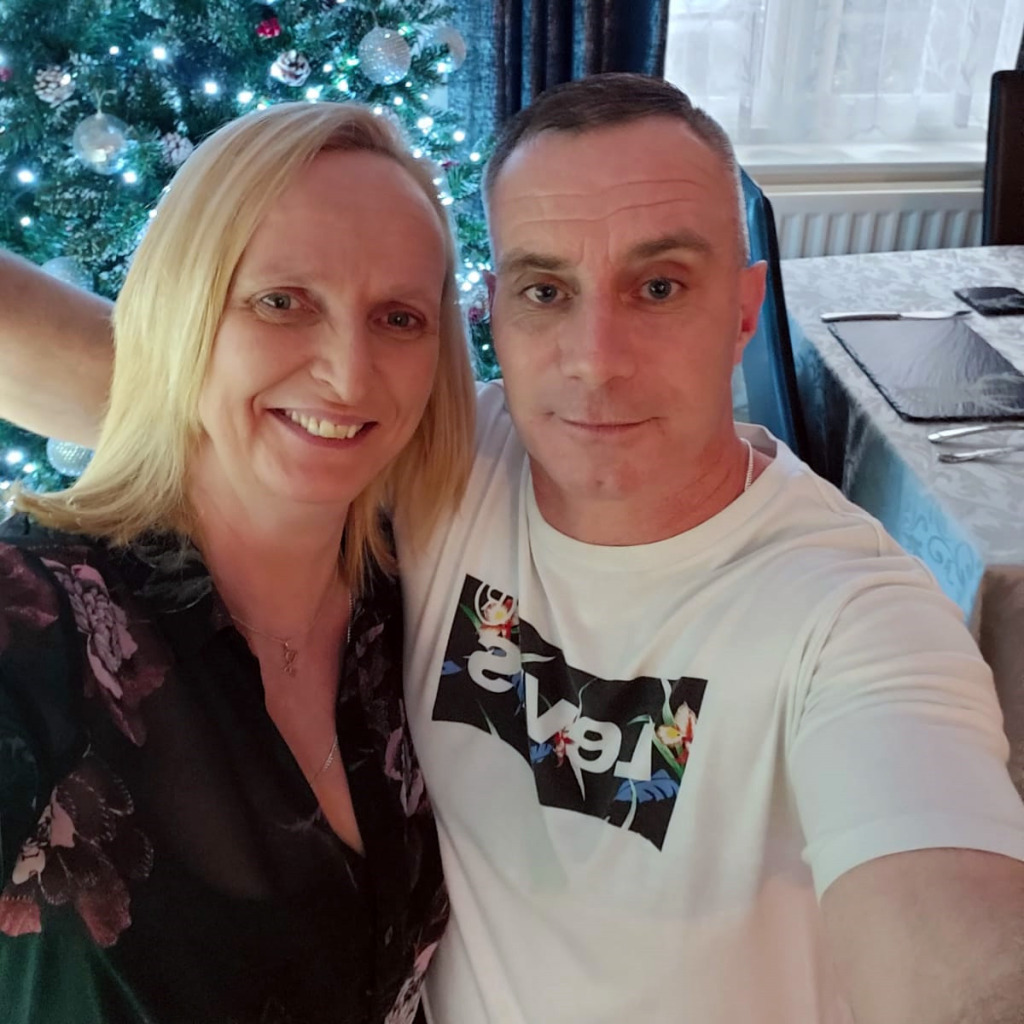
A spokesperson for The Brain Charity, said: “We call our head our nut and think of it as a hard object, but our brain is extremely vulnerable.
“Our skull has been likened to a tough ceramic, which can shatter upon impact, while the brain inside is like a firm blancmange. Just how fragile our brain is shows how important the need for protection is.
“Our brain is the most complex structure in the universe, and the most important part of who we are.
“It runs our whole world, moves our body, makes our decisions, and tells us when to smile and what we can smell. It houses our most precious memories, hidden dreams and the thousands of subtle differences that make us who we are.
“The impact of damage to the brain can be catastrophic, and that’s why we are proud to partner with Endura to draw awareness to the importance of wearing a helmet when cycling to protect your brain.”
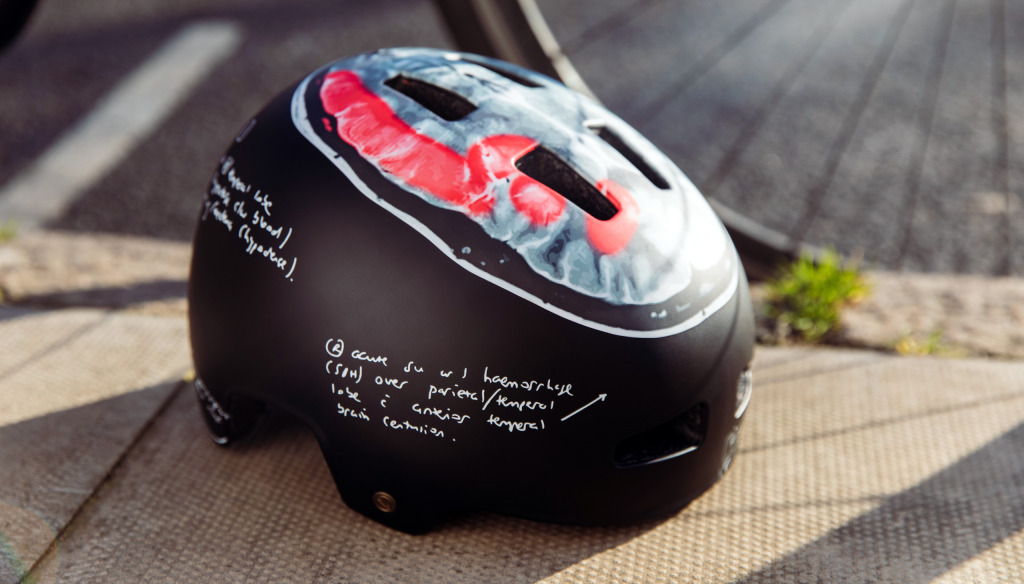
You can now enter Endura’s prize draw to win one of the Project Heid helmets – created using real brain injury scans – to support The Brain Charity.
Categories: Campaigns, News, Real life stories
Published: 13 March 2023


